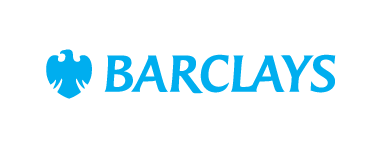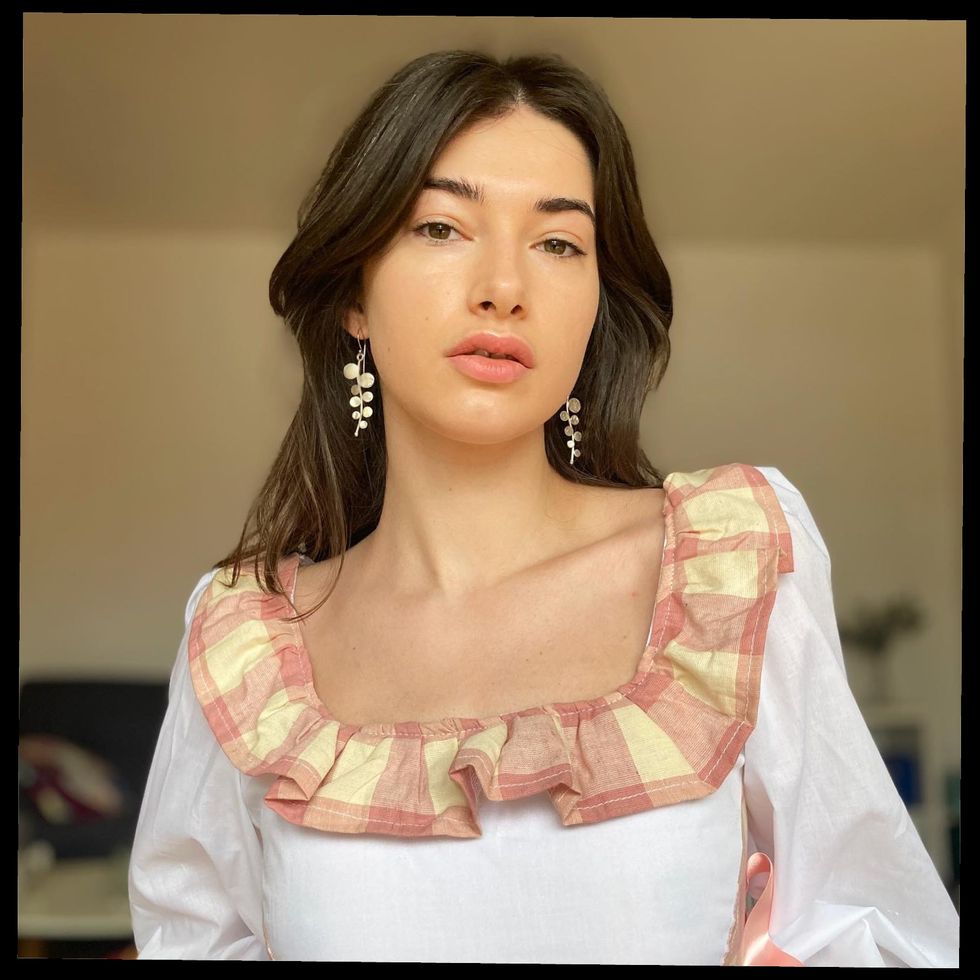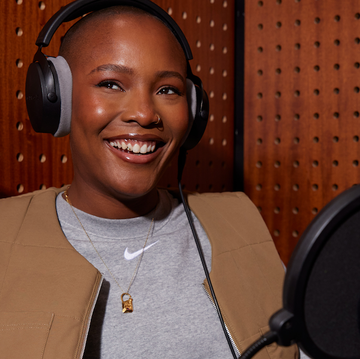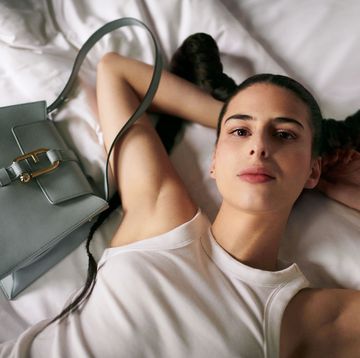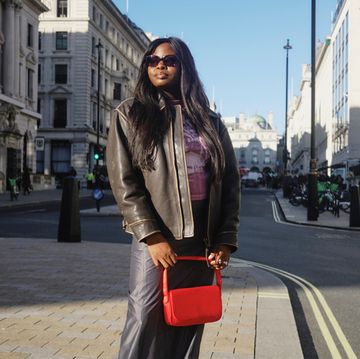After 12 months (and then some) of ups and downs, the economic impact of the pandemic has been felt by many. With unemployment rising and incomes dropping, millions of people have faced money struggles, while others have been able to draw on savings or stash funds in the absence of a social life and travel plans.
Whatever your financial situation, it’s important to take stock and prepare for a post-Covid world wherever you can. Here, three women reveal how the crisis has impacted their finances and seek guidance from Barclays Money Mentors®* Nicky Collis and Siobhan Gurrie on how to get their money back on track.
1. Learning to budget after redundancy
Alicia Cordell lives in London with friends and spent most of lockdown in Norwich after losing her job in events. She quickly cleaned out her redundancy pay packet and is now looking for a new job.
‘I was furloughed in April last year and was officially made redundant five months later. I won’t lie – it was pretty heartbreaking. To lose a decent salary, especially when I’d finally become financially independent and moved to London, felt like a blow. I moved back to my parents’ house in Norwich to save money and ride out lockdown. I’ve become that sitcom teen living in their parents’ basement, but at 24 years old.
‘I’ve applied for almost 100 jobs since September. One potential employer told me to sit tight as there were a total of 950 applicants for the job. I’m picking up freelance work while I wait to hear back from numerous Zoom interviews, so the plan is to set myself a strict budget – and stick to it. I’m keen to know how I can keep my cash stable while I don’t have a steady income.’
THE MONEY MENTOR: ‘If you don’t currently have a reliable income, it’s a good idea to monitor your spending more closely than you normally would,’ says Collis. 'You don’t know how long it will take before you find that new position and even then you may have to wait several weeks before your first pay packet. Map out everything you have coming in and work backwards with your budget, stripping out any spends that aren’t essential. This could be daunting, but it may help you to feel in control of your finances.
‘There are lots of coaching tools available on the Barclays app to help you set a plan in place, such as a free appointment with a Barclays Money Mentor. Even when you are in a job, it’s a good idea to plan for a rainy day. You never know when you may need the help.’
2. Curbing impulse shopping
Jordan Mitchell is the co founder of Good Culture Inc, a purpose-driven communications and talent agency. She lives in London with her husband and three children.
‘Lockdown has given me the prime vantage point to reevaluate many things, including my incessant spending habits. Pre-pandemic, I barely noticed how much I’d splurge on things I didn’t really need – snacks, dinners out and booze, endless outfits… I even had a luxury shopping addiction, albeit brief, when I’d impulsively buy expensive and extravagant things, like a Louis Vuitton bumbag. Endless Amazon parcels would arrive at my doorstep every day, especially when Covid-19 first hit and I needed some retail therapy while bored and stuck indoors.
‘I’ve been fortunate to have a full-time job and consistent income throughout the pandemic, yet this uncertain time has been a lifestyle eye-opener. When we’re out of isolation, I don’t want to pick up my old shopping habits again. I want to be more considered with my money and curb impulse shopping, with a plan to eventually afford my dream family home and start a decent pension. How can I stick to my goals?’
THE MONEY MENTOR: ‘When it comes to shopping, set yourself some key questions and think before you buy,’ Collis advises. ‘Do you really need this purchase? Do you already own a similar item? How often will you actually use it? A good way to curb your spending is to establish exactly where your money is going each month. The Barclays app** can do the hard work for you and sort your spending into retailers and categories, so you can clearly see how much you’re spending – and where.
‘This will make you more conscious of your shopping habits and provides a clearer picture of where you can cut back. The recommended spending ratio is 50% on essentials, 30% on non-essential but fun spends, and 20% on savings, but find what works for you. If you’re in a position to save, set up a standing order to move the funds directly into your savings account as soon as you get paid, so that you’re not tempted to overspend.’
3. Making the most of unexpected income
Basma Khalifa is a freelance creative, turning her hand to everything from film-making to fashion styling. Lockdown has given her the chance to focus on her career and discover new passion projects.
‘Time at home, without the usual distractions of everyday life, has allowed me to give my career my full attention. I’ve discovered new passion projects, forged fresh ideas and had the chance to focus on developing new skills. I’m not saying it’s been easy, but a burst of creativity has kept me going.
‘This has led to an influx of income and a larger amount of money than I’m used to dealing with. It’s been a huge learning curve trying to manage my finances, from tax to business VAT, yet I know it’s a lucky position to be in. My money goal for 2021 is to become more financially literate and make the most of these unexpected funds – what’s the best way to handle this extra income?’
THE MONEY MENTOR: ‘One option is to look into investing, such as putting a lump sum of money into bond (bearing in mind that the value of investment can fall as well as rise and you could get back less than you invest),’’ says Gurrie. ‘Also consider accessibility when putting your funds away – is this money going to be used for a particular moment? If so, there may be specific savings accounts to support this, or you could leave it in an instant-access account so that you can get to it if you need to. It’s important to understand the benefits and risks before you make a decision.
‘You should also consider the fact that your personal and financial situation may not remain the same post-lockdown. It’s a good idea to assess what your finances looked like pre-pandemic and try to put any additional money to one side in an instant saver, which still gives you flexibility. This can help to cover costs, so you’re not caught out as things start to go back to normality.’
*Your individual circumstances can vary. Barclays recommends that you get advice specific to your needs if required
**You need to be 16 or over to use the app. T&Cs apply
Book a free and impartial chat with one of the friendly Barclays Money Mentors® at barclays.co.uk. You can ask them about anything, from the basics of budgeting to buying a home. Make money work for you with Barclays
